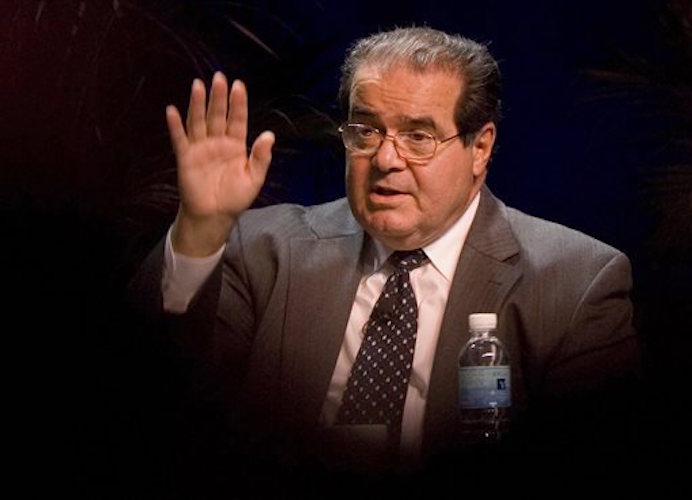Jack Dugan
[email protected]
On Feb. 13, conservative Supreme Court Justice Antonin Scalia died at the age of 79 after suffering a heart attack on vacation at a Texas resort. He was nominated by former President Ronald Reagan and was the first Italian-American to serve on the U.S. Supreme Court.
Scalia’s death, given the lifetime appointment nature of the court, opens a much sought-after and influential seat, allowing President Obama the chance for the nomination, which would further cement his legacy in the final moments of his presidency (he has appointed two justices to the highest court).
If Obama were able to get another person on the court before the end of his term, the balance would undoubtedly shift left. Of the eight justices currently serving, the split is down the middle.
But, in their tradition of vehemently opposing any of Obama’s endeavors, there has been talk throughout the Republican majority in Congress of blocking any nomination until Obama’s successor takes office.
The rationale, according to Sen. Chuck Grassley, R-Iowa, is tradition. On Feb. 13, he said, “It’s been standard practice over the last 80 years to not confirm Supreme Court nominees during a presidential election year. Given the huge divide in the country, and the fact that this president, above all others, has made no bones about his goal to use the courts to circumvent Congress and push through his own agenda, it only makes sense that we defer to the American people who will elect a new president to select the next Supreme Court justice.”
Justice Anthony Kennedy’s confirmation in the election year of 1988 aside, Obama’s necessity to use the courts to achieve any of his goals is a direct result of the bone-headed mentality of the Republican majority during his time in office. From 2007-2014 alone, there were 133 filibusters that successfully prevented a final vote from taking place, according the Washington Post.
In 2013, the Republican majority went as far as to shut down the entire federal government for 16 days in response to the Affordable Care Act. This cost roughly $24 billion, according to the financial services company Standard and Poor’s.
RELATED: Drones should be an issue for Democrats
These last-ditch, juvenile, monkey-wrench tantrums Republican Party officials have resorted to in the past years have revealed themselves to be just measures of self-preservation in nation methodically shifting left. The same could be seen with the 1950s and ’60s era of the Southern Democratics and their reprehensible abdication from the Civil Rights Movement.
South Carolina Democratic Sen. Strom Thurmond waged a 24-hour filibuster on the 1957 Civil Rights Act, which helped to ultimately kill the piece of legislation.
Robert Byrd, a former Klan member and Democratic senator from West Virginia, tried the same just before the now historic 1964 Civil Rights Act was passed, holding up the vote for 14 hours and 13 minutes throughout the night.
Like flipping the Monopoly board, the “if I can’t win, no one can” mentality has always been a sign of desperation in Congress. Filibusters, government shutdowns, and ensuring the vacancy of judicial seats for political gain is just the thrashing moments before dated political ideology dies.
Halting the mechanics of government and blocking the casting of votes is not representative democracy. In fact, it’s hardly governance at all. Grow up and do your job.



